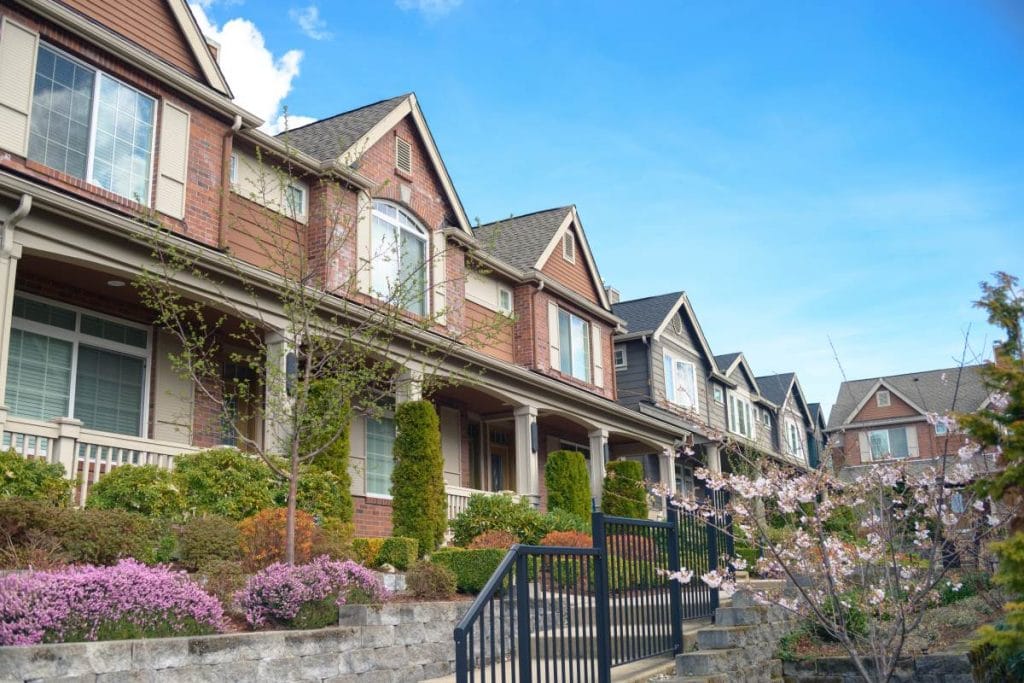Apartments, townhouses and units are a hit with buyers and sellers and it’s not hard to see why with time-poor, budget-priced people loving the easy-care gardens and outdoor facilities. But if you think you’ve bought just the ground beneath your feet and the walls around you, think again. There’s more to strata purchases than meets the eye – literally.
What is strata?
In essence, strata, or strata titles developments offer individual ownership rights while simultaneously taking responsibility for building upkeep, outdoor facilities and all communal spaces. These can include driveways, gardens, pool, gyms, staircases and lobbies. Maintenance of these areas is shared by every owner through a body corporate, or similar, group. This can make issues such as renovations, parking, security and pet ownership trickier to deal with. There are also fees and levies to consider.
Plans and body corporates
Details of communal areas and owner’s boundaries are always outlined in the strata plan, along with by-laws, rules and responsibilities. Owners automatically become a member of the body corporate after their purchase. An executive committee is appointed every year to overlook the daily needs of the strata title and a strata manager may be appointed. As body corporate laws and duties grow more complex, some owners are choosing to employ agents to manage the building, known as an external body corporate.
Levies and fees
Body corporates are run, and funded by, owners. Usually paid on a quarterly basis, these expenses cover council and water rates, maintenance and repairs, public liability insurance and more. The fees are calculated based on the individual information of each residence with the body corporate deciding on this entitlement at annual general meetings. Levies are generally organised into three sections – administration; major repairs and building costs (known as sinking funds); and for other large work projects, when no funds are available in these first two funds, “special” levies are issued.
Before you buy
None of this information should deter you from buying a strata titled property. But as with any real estate purchase, it’s a good idea to double-check specific details before signing on the dotted line. Request a copy of the Section 184 certificate for the property. This document includes important information on payable levies and by-laws and body corporate member details. Obtain a strata report as well. Strata searchers will inspect all the books and records for your potential purchase including building issues, levy levels, any legal disputes, entitlements and by-laws. Carefully consider your intentions for your new property. Are you going to renovate? Do you own a pet? These issues – and more – may need strata approval. Talk with your real estate agent and your potential new neighbours about their experiences with strata, and weigh up your priorities. There’s plenty to be said for a strata lifestyle!

